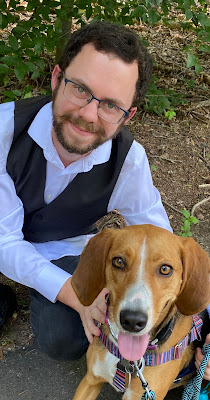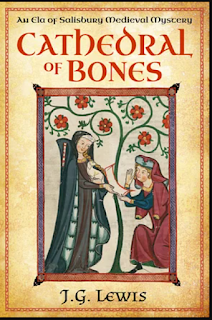

Wunderlich grew up in 1950s Florida, fascinated by the stories and experiences of his ancestors and their recollections dating back to the time of statehood. Starting in his teenage years, he began to record some of their memories, names, and dates that might someday be important to others. When it came time to consider prospective colleges, he had the opportunity to visit the Naval Academy and subsequently earned an appointment there. After a subsequent time in the submarine service, he and his wife Susan returned to Florida. Through the years, he earned two masters degrees, one in business and the other in engineering, and a doctorate degree in education. He and Susan raised four children, each of which would themselves attend service academies and become military officers. Today, he occupies his time with writing historical fiction, chiefly based in Civil War and Pioneer era Florida, researching, beekeeping, and carving scrimshaw. His next novel is expected to be published in the fall.
1. How and when did you get hooked on history?
—My father kept shoving his favorite historical fiction novels in front of me when I was a child. They were good books by Richard Powell, Marjorie Rawlings, Frank Slaughter, and other authors. I especially enjoyed stories about the struggles of the pioneers.
2. What role does history play or has it played in your personal life?
— A big part. Besides the extensive research for my historical novels, I also do their illustrations and even further I do award-winning historical scrimshaws. For those who might not be aware, scrimshaw is an old engraving process where I add ink to my scratchings (see photo example of a scrimshaw I did of Chief Osceola on abalone shell).
3. How does history play a part of your professional life/career?
—My family has always loved history, whether it be history by finding lost relics on my bee farm, or history driving by roadsigns (such as in Archer, Florida which motivated me to write my DRUMMER novel concerning Richmond’s gold coming to Archer in 1865). I love doing the requisite background historical research for my fiction books, plus writing articles for various historical magazines.
4. Why is studying/knowing history important?
—History is the glue behind our human beliefs and heritage. Local history has unfortunately become shortchanged in our formal education process. In 1960s Florida, for example, I saw each county controlling its own history curriculum and learning objectives. Then thanks to the power of funding, with the worry of falling behind other nations, the state took over with its own cram-packed curricula and standards. And now there is further pressure to have a national curriculum.
5. What is your favorite period or aspect of history to learn about and why?
—I like pioneer-type history that tries to give the reader an appreciation of the hardships that our trailblazers faced. These difficulties and challenges seem oft forgotten nowadays, but can be quite inspiring. It is my own hope that folks will enjoy my own historical works, plus get busy on their own historical efforts such as documenting their own families’ stories, doing drawings, or the like.
6. Tell us about your first book Salvos on the Backwater and about your latest projects?
—I had joined a Jacksonville writing club, as a lark, that met one night a week after work. The group required three pages of writing each time, else you would get the boot from the club. After such weekly critiques, and a year’s worth of pages, I found myself in a good position to come out with my SALVOS book as a historical novel. It would won a number of first-place awards in various contests, to include the Patrick Smith Award which was presented to me at a banquet by Mr. Smith himself.
7. Florida seldom gets much attention in Civil War History. What exactly was its significance during the war and what are some examples of stories that should be researched and told?
—Florida turned out to be the breadbasket of the Confederacy, supplying the Army of Northern Virginia with cows and other staples. As to the state’s few soldiers from its small population, Robert E. Lee designed the Florida war strategy to allow Federal coastal raids, then for the militia to respond to such raids with hit-and-run attacks (much like the Seminoles’ hit-and-run war strategy in Florida up to the year 1858).
Florida had tough (the best) battle-ready soldiers and cavalrymen, both mainstream and militia, and there is much lore concerning their CW exploits. Floridians were able to defend Tallahassee and make it the only state capital east of the Mississippi River never overrun by the Federals.
Today, btw, reenactors and folks remember Florida’s two major battles annually at her Olustee and Natural Bridge State Parks, come each February and March. I am often invited to attend these festivals with my books. The Olustee event is quite large, and I would suggest it to new folks that might want to witness living history.


















.jpeg)


.jpeg)
.jpeg)










.jpg)




